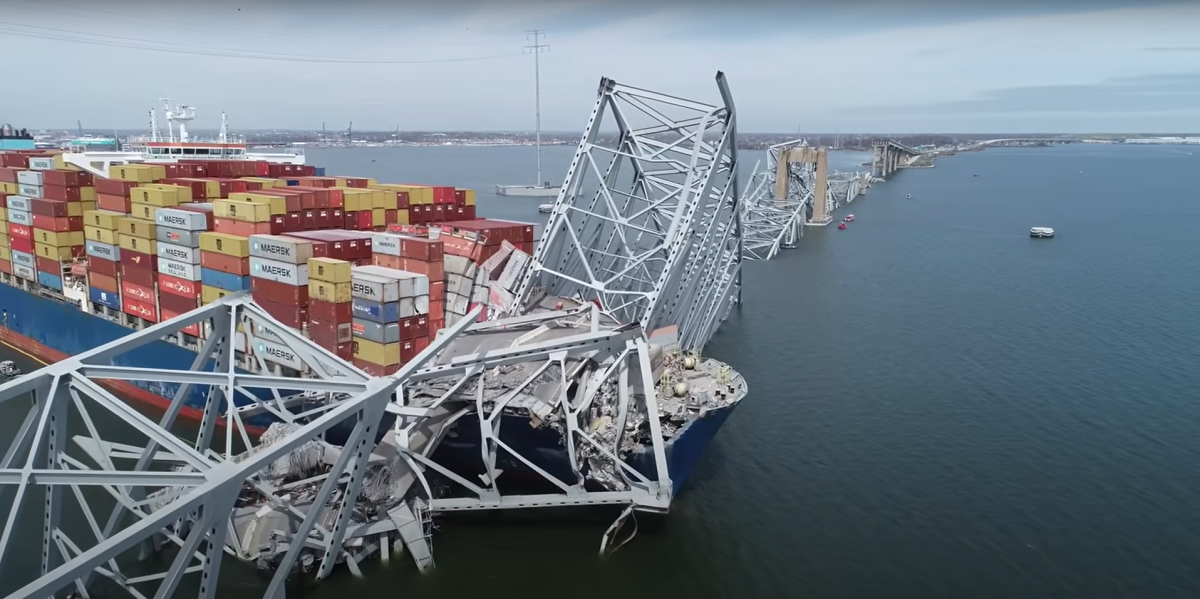Ocean City has been impacted by the collapse of the Francis Scott Key bridge in Baltimore, which has hurt our local economy, from farming to auto sales.
“People use the Key Bridge for back-and-forth easy access,” said Ruth Toomey, executive director of the Maryland Tourism Coalition. “Now (they) have to travel another route. It’s causing tractor-trailers to take longer and more cargo will be on trains. This will delay services.”
She also said the March 26 collapse over the Patapsco River is affecting cargo ships. She said not all ships can get into the Port of Baltimore, and are being taken to other ports.
The disaster has created problems for the supply chain, and delayed international car companies from getting their goods to sale.
Volkswagen specifically does a lot of cars out of the Baltimore department, Toomey said.
Another thing inside the containers that were left behind on the ship is farm equipment. Toomey added how farmers were stuck waiting for their equipment on the boat.
Another person affected by the bridge collapse is a senior here at Decatur, Austin Fortino, who works at the Pohanka of Toyota dealership in Salisbury.
“The bridge collapse affected my business because all our transportation trucks with all our 2023-24 vehicles got delayed by three weeks,” he said.
“We get we get around 20 vehicles on a truck, so we were delayed 60 vehicles and a lot of unsatisfied customers. And things are slowly getting back on their feet and starting to move nicely.”
Susan Jones, executive director of the Ocean City Hotel-Motel-Restaurant Association (OCHMRA), the impact of the bridge collapse on tourism is unknown until we get to the summer travel season.
“It is concerning (that) most of the visitors we get, we get about 35 percent that travel from Maryland and then we have about 35 percent from Pennsylvania,” Jones said.
“I would say the one thing that would concern me is that people that aren’t from Maryland could get confused on which bridge collapsed. We are concerned about tourists not knowing the direction or not knowing the maps well,” she said.
Jones also said goods and supplies needed for local restaurants could also be affected.
“I would imagine the biggest supply that was shipped in the containers are would be some of the paper goods from different areas like China,” she added.













